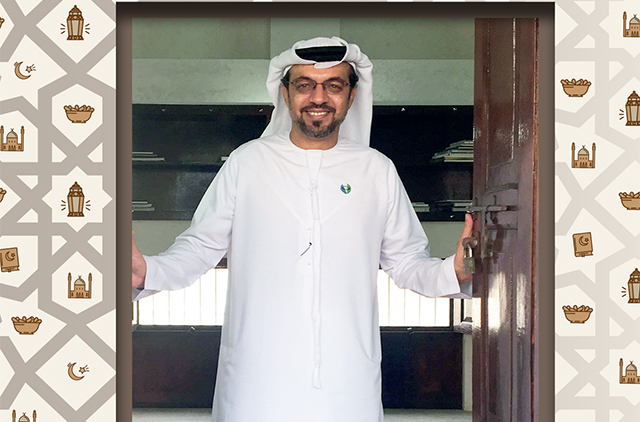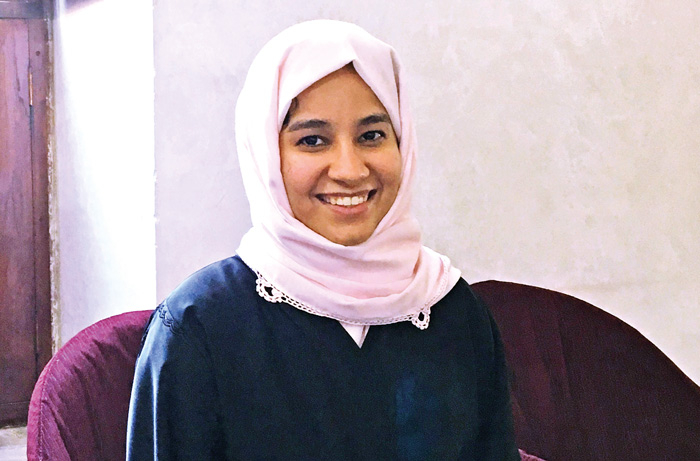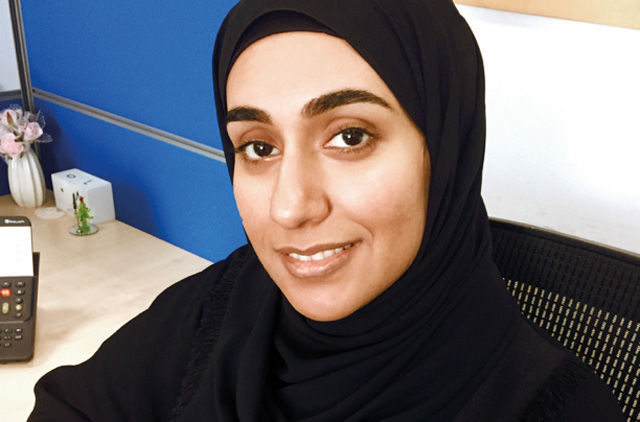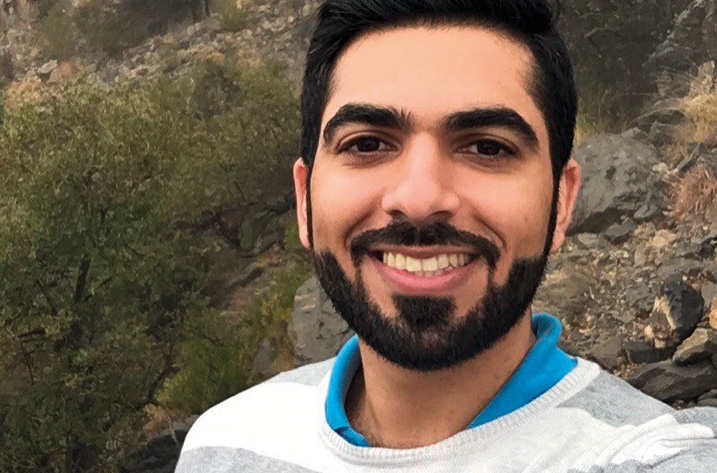Ramadan, the ninth month of the Islamic calendar, is referred to as the holy month in much of the Muslim world. The 30-day lunar period is a time of penance and for delving into one’s religious and spiritual sides. For many in the UAE, however, it is also a month-long celebration of all things good in life.
“Even in Arabic we don’t usually say ‘holy month of Ramadan’,” says Emirati Sahar Mohammad Hassan, a 31-year-old digital analyst and mother of two. “We don’t even say Ramadan kareem as much, instead say Mubarak alaikum al shahr, which means ‘blessings to you in the month of Ramadan’.
There are events and promotions everywhere, she says, with supermarkets full of value bundles and apparel and accessories stores offering special prices. Pop-up carnivals for children dot the city and its malls, along with Ramadan stage shows. “But the values, events and festivities… it all comes from Islamic values such as being charitable and strengthening family ties.”
Indeed, Ramadan is when Emiratis celebrate family values. Instead of the usual Friday gatherings, families meet every single day, end their fasts together at iftar, join each other for suhour and participate in prayers and other activities as a group. “We stay up all night with family, cousins and friends,” says her brother Tariq Mohammad Hassan, 27.
And when they go out, people dress up. He says women must buy new jellabiyas as they will be out for iftar every day. Nowadays, he adds, men follow suit — they want to look their best too.
But that’s not to say religion is forgotten. As with many nationals, it is important for Tariq too. “In Ramadan, I’m very submissive to religious beliefs,” he says. “It is a detox — physically, emotionally, mentally and spiritually.”
Reem Al Hussaini, a 23-year-old University of Sharjah graduate, feels this is also a time to become more empathetic. “It is not just the month of being charitable and merciful,” she says. “It’s about being more sensitive to others’ feelings and situation.”
Humanity and relationships
And for many Emiratis this philosophy extends beyond the family, says Rashid Al Tamimi, Public Relations Manager at Shaikh Mohammad Centre for Cultural Understanding (SMCCU). “[Our leaders] Shaikh Zayed Bin Sultan Al Nahyan and Shaikh Rashid Bin Saeed Al Maktoum sat on the ground here and broke fast with their drivers, their valets, their laundry men... We continue that tradition,” he says.
“The UAE is a university where we all learn from each other. Who told you that [as a non-Arab] you cannot wear an abaya or kandora? This is your country. If you are living here and contributing to the society, you are as Emirati as me. You just don’t have the passport. We have same rights.”
The 48-year-old senior presenter at the SMCCU says Ramadan is special because it reinforces this feeling of humanity and relationships. It reminds us that we are at the end of the day all equal in the eyes of God.
The SMCCU holds heritage presentations to help visitors better understand the culture and traditions of the UAE. In Ramadan, it hosts an iftar ceremony every day, and the centre’s founder, Abdullah Bin Essa Al Serkal, hosts select guests at his home for an authentic Emirati experience.
Preparations begin early
In the UAE, Ramadan celebrations begin in the preceding month, Sha’aban, when children go house to house on Hag Al Laila, asking for sweets. The event, which fell on May 9 this year, promotes the values of sharing and giving.
"Islamic leaders say Sha’aban holds significance in terms of our deeds going up to heaven and [preparing ourselves] for Ramadan,” says Sahar. Like UAE National Day, even expat children now take part in Hag Al Leila, Al Tamimi says.
More and more, however, Ramadan is about giving thanks.
“We have learnt from the harsh life our great-grandfathers and grandfathers led,” says Al Tamimi. “They fasted long days even with limited water and food resources. It was hotter then because the UAE wasn’t green as it’s today. Yet it was part of life, a ritual, a connection between you and God. Ramadan teaches us how [the less privileged] feel and how our egos are nothing. It teaches us humility.”















